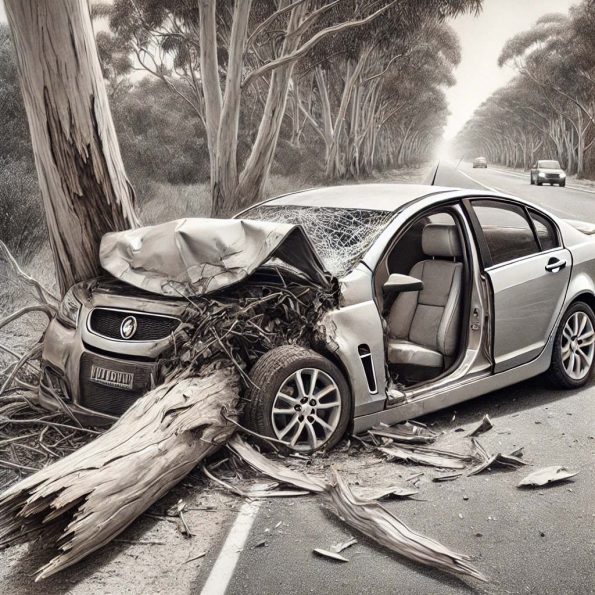In Australia, car insurance requirements vary by state and territory, but there are some general rules that apply nationwide. Here are the key points:
1. Compulsory Third Party (CTP) Insurance
CTP insurance, also known as Green Slip insurance in some states, is mandatory in all states and territories. It covers you for any liability you might incur for injuring or killing someone in an accident,
It does not cover:
- Damage to other vehicles or property: If you damage someone else’s car or property in an accident, CTP insurance will not cover the cost of repairs or replacement.
- Damage to your own vehicle: Any damage to your own car is not covered by CTP insurance.
- Consequential loss: Any additional costs or losses resulting from an accident, such as towing, hire car expenses or loss of income, are not covered by CTP insurance.
To cover property damage and consequential loss, you would need to purchase additional types of insurance:
- Third-Party Property Insurance: This covers damage you cause to other people’s property, but not your own vehicle.
- Third-Party Fire and Theft Insurance: This covers damage to other people’s property and provides coverage for your own car in case of fire or theft.
- Comprehensive Insurance: This provides the highest level of coverage, including damage to your own vehicle, other people’s property, and may also cover theft, fire, and some weather-related damage. Comprehensive insurance often includes coverage for consequential losses as well.
State and Territory Variations
- New South Wales (NSW): CTP insurance must be purchased separately from vehicle registration.
- Victoria: CTP is included in the cost of vehicle registration and is managed by the Transport Accident Commission (TAC).
- Queensland and South Australia: CTP is included in the registration fee.
- Western Australia, Tasmania, Northern Territory, and Australian Capital Territory: CTP is also included in the registration cost.

Penalties for Non-Compliance
Driving without CTP insurance is illegal, and penalties can include fines, vehicle impoundment, and being held personally liable for any injuries or damages caused in an accident.
Factors Affecting Insurance Premiums
- Driver’s age and driving history: the younger you are, the more premium you are likely to pay, and if you have had previous claims, this will count against you
- Type of vehicle: vehicles that have a higher power-to-weight ratio, or that are frequently stolen, or that are sports cars, or that are more expensive will attract higher premiums
- Location: some areas are more likely to experience car crime; storing your car safely becomes more important.
- Intended use of the vehicle: if it’s for business use, premiums will be more expensive
- Coverage options selected: as above there are different levels of coverage depending on how risk averse you are.
Make sure to check the specific requirements and options in your state or territory to ensure compliance and adequate coverage.
